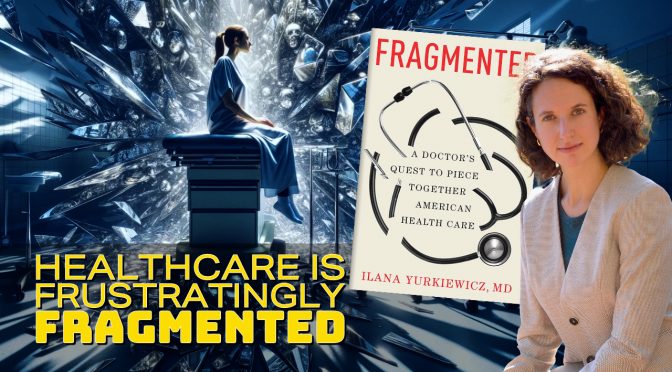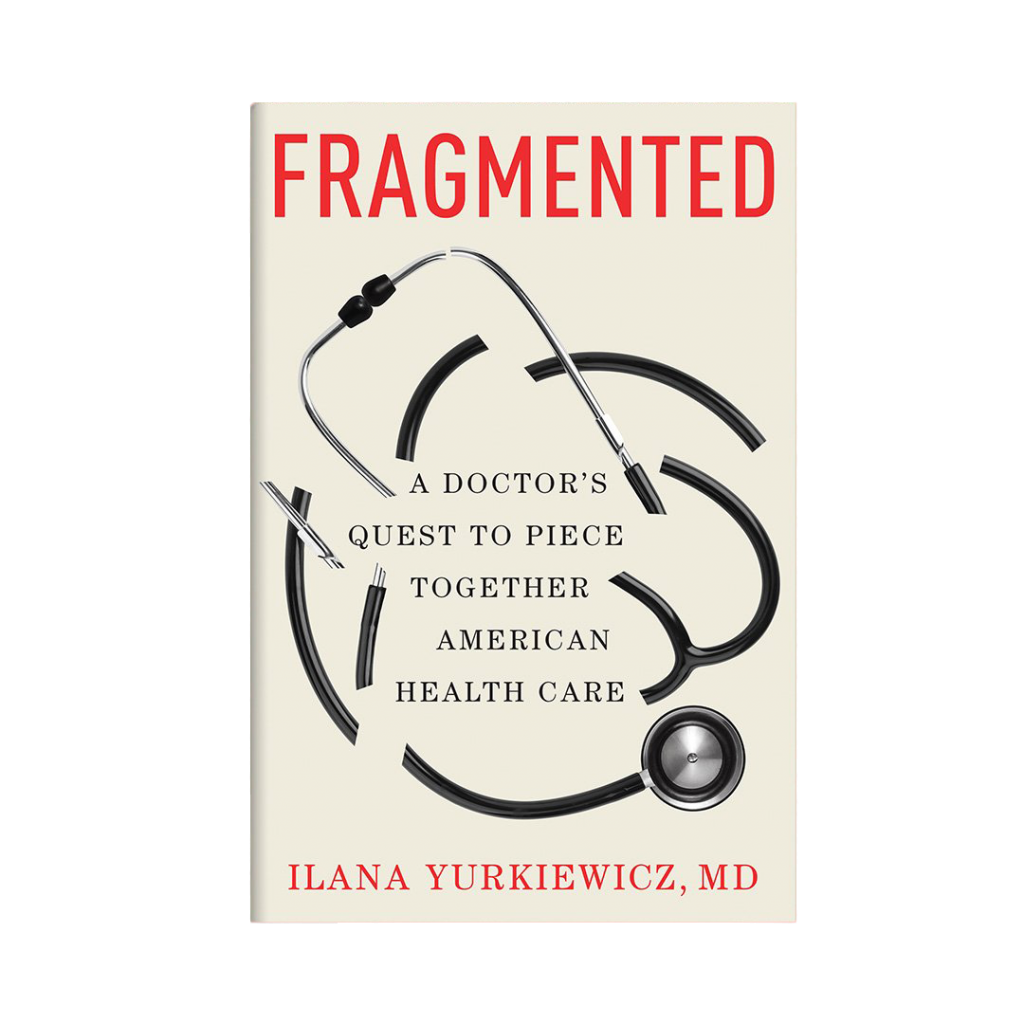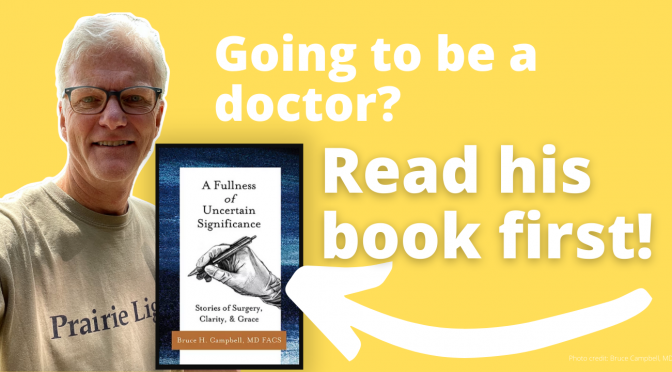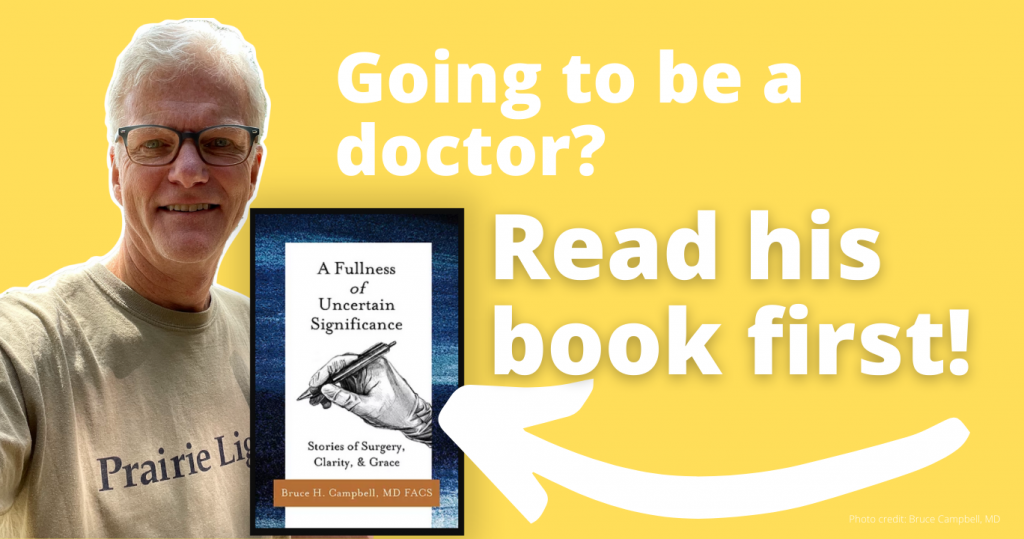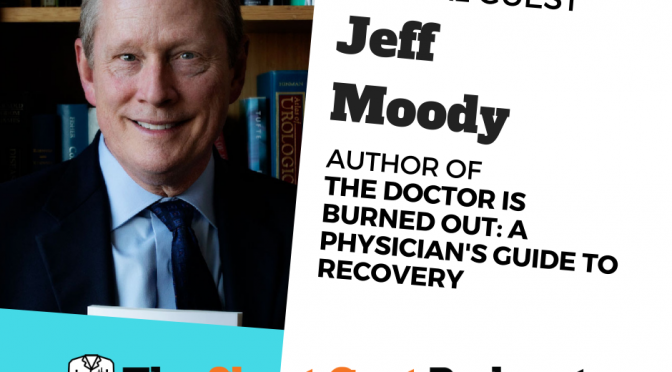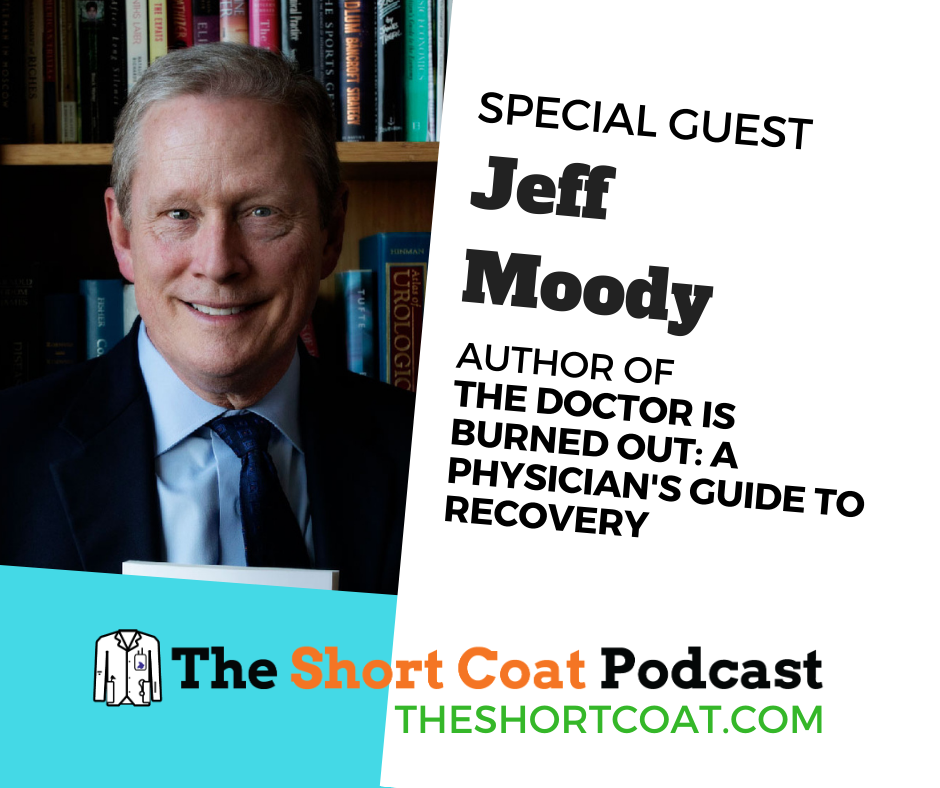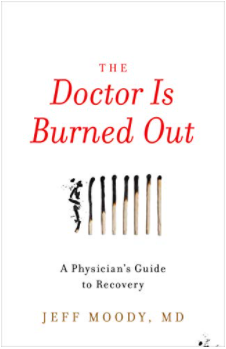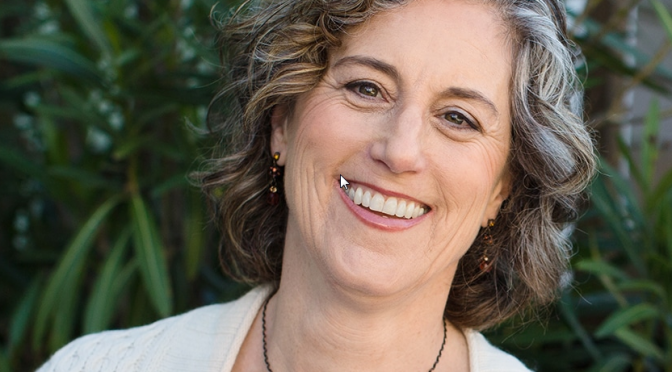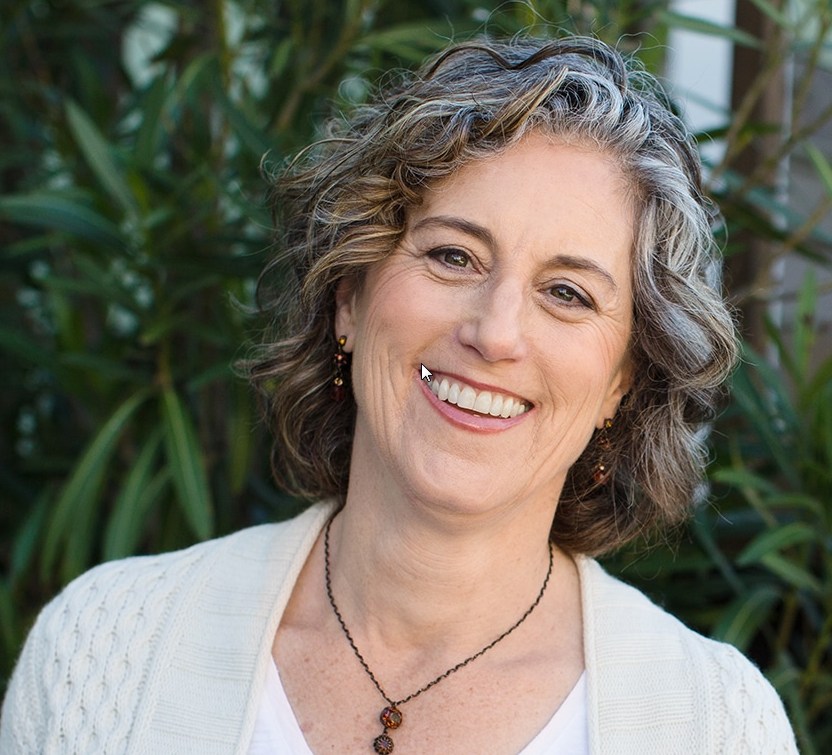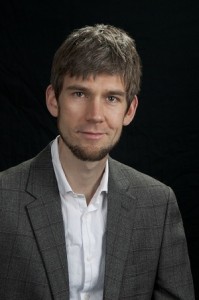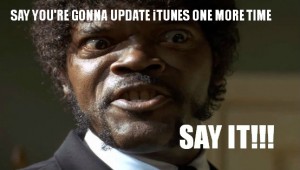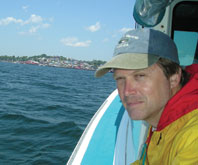Podcast: Play in new window | Download (Duration: 47:54 — 43.9MB)
Subscribe: Spotify | RSS | More
We have GOT to get it together
What’s the best way to navigate a fragmented healthcare system? How are patients both the victims and unwitting custodians of their own medical stories? And can primary care address gaps in long-term cancer treatment? We had a fun conversation with Dr. Ilana Yurkiewicz, the author of ‘Fragmented, A Doctor’s Quest to Piece Together American Healthcare.’ Jeff, Fallon, AJ, and Alex walked away not only enlightened about the gaps in the contemporary healthcare system but also the importance of primary care and specialists working together to build patient relationships and keep clinical information flowing.
The Primary Care Revelation
Dr. Yurkiewicz took an unconventional career path. Why would a trained medical oncologist with board certifications in hematology and oncology choose to open a primary care practice for cancer patients and survivors, you might wonder? The answer delves deep into the very core of our healthcare system’s inefficiencies.
Cancer treatment doesn’t end at remission. The aftermath brings a basket full of new health issues that often go overlooked. During these critical times, patients need primary care doctors who are also knowledgeable about oncology — enter the innovative primary care practice Dr. Yurkiewicz established.
Fixing Fragmentation in Healthcare
Unfortunately, the tools physicians use to track their patients’ progress aren’t great at sharing. The shortcomings of electronic medical records (EMR) are a source of frustration that healthcare providers commonly face due to their disjointed nature. Keeping the patient in the loop when it comes to their reports and critical information was highlighted as a key responsibility of healthcare providers in a fragmented system–the current state of affairs is that the patient is the one with the most incentive to keep track of their data! This only highlights the urgent need for an interconnected EMR system, that patients are often the only source of continuity in their healthcare narrative.
A Glimpse Into the Future of Healthcare
There are countries that do this better, but modifying the existing system rather than attempting to building a new one from scratch based on them may be tough. Though countries like the Netherlands boast more streamlined healthcare systems, it’s crucial to devise a model that accommodates the unique challenges and strengths of American healthcare and culture.
More about our guest:
- Website URL: https://ilanayurkiewicz.com/
- Social Media URL: https://twitter.com/ilanayurkiewicz
- Amazon URL: https://www.amazon.com/dp/0393881199/ref=cm_sw_su_dp
We Want to Hear From You: YOUR VOICE MATTERS!
No matter where you fall on any spectrum, we want your thoughts on our show. Do you agree or disagree with something we said today? Did you hear something really helpful? Are we delivering a podcast you want to keep listening to? We’ll be sure your ideas are heard by all–leave a message at 347-SHORTCT (347-746-7828) and we’ll put your message in a future episode (use *67 to be an “Unknown caller”).
We want to know more about you: Take the Listener Survey
We do more things on…

